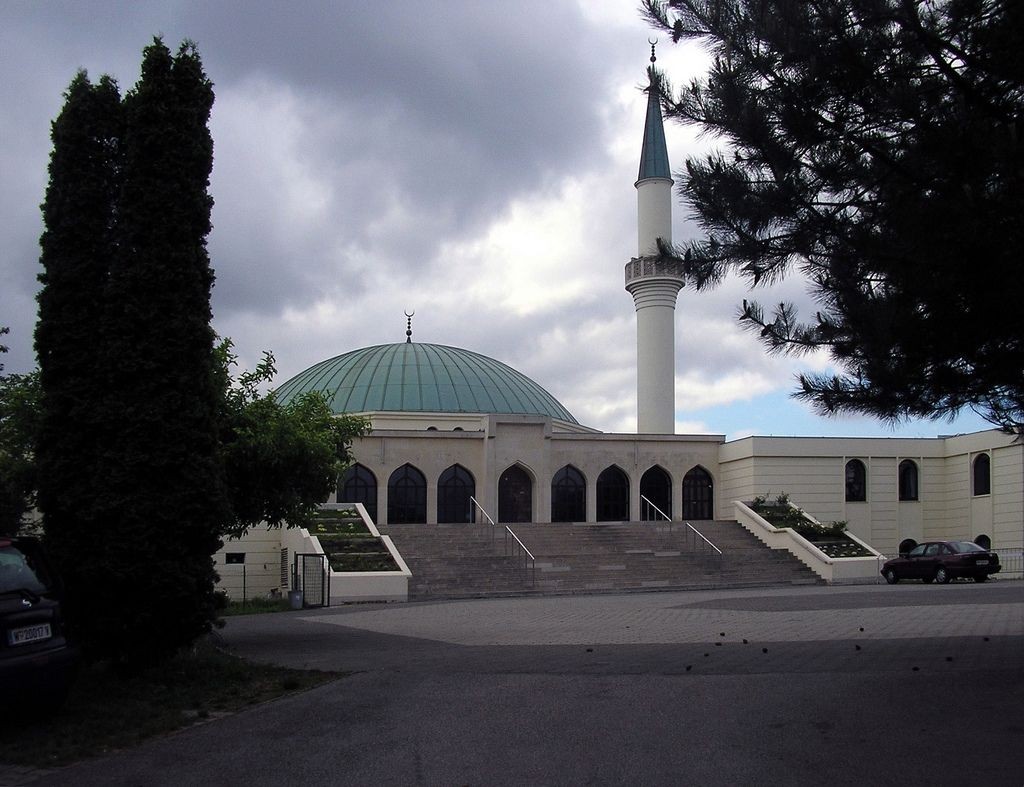Chechen mosques in Europe
According to various estimates, at least 200,000 Chechens now live in European countries, and from Belgium to Norway, passing through France, Austria and Germany, the mosques of this diaspora fuelled by war are not only places of worship but also important centres where the language and traditions of this people are handed down.
Brussels (AsiaNews) - Mosques linked to the Chechen diaspora continue to appear in many European countries, highlighting the importance of religion and cultural identity for emigrants from the North Caucasus.
These buildings are not only places of worship, but ‘important centres for gathering and preserving traditions, in environments far from their homeland,’ as historian and researcher Majrbek Bačagaev explains on Kavkaz.Realii.
Many Chechens moved because of Russia's long and bloody war in Chechnya, which lasted almost ten years at the turn of the century after the end of the USSR, emigrating to Europe, America and the Middle East.
According to various estimates, at least 200,000 Chechens live in European countries, and probably many more, especially in France, Belgium, Norway, Austria, Poland, Germany, Great Britain, the Netherlands, Sweden and Denmark.
They form very fervent Muslim communities that are “different even from other Caucasian groups”, as ethnographer Irina Babič comments, “with a more intense religious practice even among the younger generations”.
Members of Chechen communities live under the pressure of the conflicts experienced over the last thirty years, including the current Russian war in Ukraine, which involves the brutal armies of the kadyrovtsy, followers of President Ramzan Kadyrov, but also compatriots abroad who oppose Putin's subjugation of the Chechen people.
Their Muslim devotion follows the Sunni variant of the Shafi'i Madhhab, some are associated with the Naqshbandi and Qadiri tariqa of Sufism, divided into many different brotherhoods, and since the late 1980s, Salafism has also spread in Chechnya, fought by the republic's authorities.
One of the first mosques associated with the Chechens was opened in Belgium in 2002, with a collection among emigrants who had fled the war to purchase a building in Antwerp, with Imam Ramzan Džabrailov, becoming one of the main centres of the entire diaspora.
Also in Belgium, one of the most recent mosques was opened in 2024 in the city of Hasselt, named after Sheikh Mansur, one of the great figures of 18th-century Chechnya.
In France, the central mosque in Nice is led by Chechen imam Ramzan Magomadov, president of the National Organisation of Muslims, who also runs the cultural centre Vaj Tsia, “Our Home”.
In Strasbourg, Chechen and Ingush groups managed to purchase a building, where, alongside the prayer hall, there is an important madrasa, which welcomes up to 200 students per year.
A Chechen Sunni mosque is also active in Vienna, known as Mečet Tabiin, in the neighbourhood where the Viennese Chechen community is concentrated.
The local imam has opened a Telegram channel in Chechen, with sermons and answers to questions from the faithful, and other mosques are open in Graz and Linz. In Germany, Muslim communities are more inclusive and less ethnically defined, and Chechens live alongside Turks and Arabs, although they have their own Chechen cultural centre, Al-Khajr, at a mosque in Berlin, where Chechen is taught alongside Arabic, Russian and German.
The most active Chechen community in Europe is in Norway, with a large number of young people who have recently emigrated, and Chechen mosques open in Oslo, Sandvika, Lillestrøm and Stavanger.
Chechens here do not like to attend mosques where sermons are preached in Turkish or Arabic, at most with brief translations into Norwegian, whereas in their own mosques everyone communicates with each other, discusses current affairs, and can turn to the imam for any need.
The faithful who are unable to attend Norwegian mosques on Fridays feel guilty and immediately call their friends and relatives to find out how it went and if there is any interesting news. In Sweden, the Alvest mosque is very popular with Chechens but is open to everyone.
A political scientist from Grozny, who prefers to remain anonymous to avoid unpleasant consequences, believes that “Chechens in Europe are an alternative reality to official propaganda” and are still at risk of persecution, recalling the assassination of human rights activist Umar Israilov in Vienna in 2009, next to his home. The Kadyrov regime also tries to put pressure on members of the diaspora, often in mosques.







.png)










